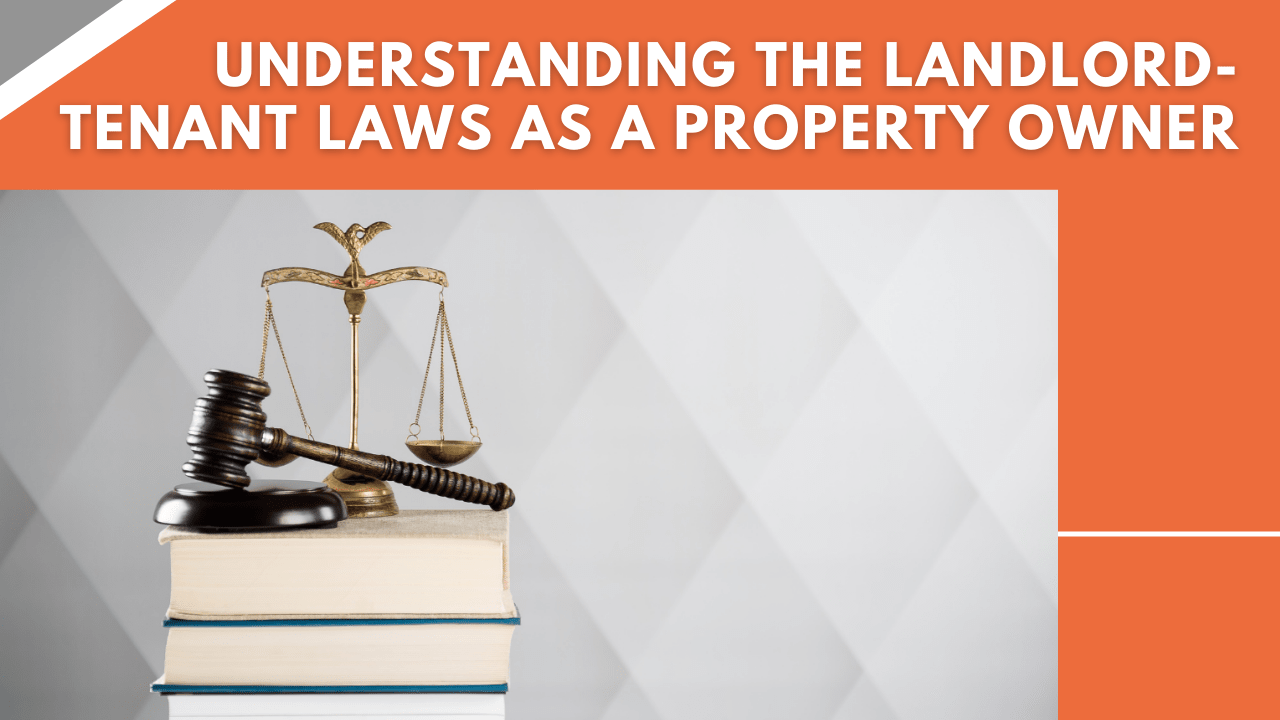
Legal mistakes can be expensive, and when you’re renting out a property in Atlanta, it’s important that you understand the laws governing the landlord and tenant relationship. The Georgia Department of Community Affairs publishes a Landlord-Tenant handbook, which can be helpful to rental property owners navigating the legal landscape.
We’re taking a look at some of the most important federal and state laws that require your compliance as a landlord.
Federal Laws: Fair Housing and ADA
Most of the federal laws that affect renting out your property are related to fair housing, discrimination, and credit reporting rules. The main law you need to concern yourself with is the Fair Housing Act. This law sets up protections for seven tenant classes. You aren’t allowed to discriminate against anyone based on race, color, religion, national origin, sex, familial status, or disability.
The Americans with Disabilities Act (ADA) goes even further than fair housing laws in protecting the rights of tenants with disabilities. You may need to provide accommodations to tenants or applicants who have physical, intellectual, or emotional disabilities.
The best way to ensure you’re following all fair housing laws is to treat everyone consistently and to develop written policies. You should have standard rental criteria, checklists, and processes in place. Fair housing laws now include service animals and emotional support animals. You’ll need to know how those differ from pets.
The Fair Credit Reporting Act is also specific about what you can and cannot do with the personal and financial information you collect not only from your current tenants but from those who applied for your home and were denied.
State and Local Laws: Security Deposits
There is no limit on what you can collect in a security deposit in Georgia. However, the Atlanta City Council in 2020 passed what is called the Renter’s Choice Law, which allows renters in some properties to buy rental security insurance instead of paying a deposit.
Upon a tenant’s request, landlords with more than 10 rental units who require a security deposit that’s more than 60 percent of the monthly rent must accept one of the two following options instead of a traditional security deposit:
Rental security insurance
Payment of the deposit in at least 3 monthly installments
At the end of the lease term, if you have collected a security deposit from your tenant, you have one month from the date of vacancy to return that deposit. If you’re withholding some of the money to pay for damage or cleaning, you’ll need to provide a written and itemized statement.
Remember that you are not permitted to charge your tenants for normal wear and tear. The damage has to be documented and attributed to your tenant.
Terminating a Lease and Eviction Laws
 If you want to evict a nonpaying tenant in Atlanta, you’ll need to follow the Georgia eviction laws. This includes providing an unconditional quit notice, which you can provide if your tenant has paid rent late more than once in a 12-month period. If the tenant does not move out immediately, you can file for eviction.
If you want to evict a nonpaying tenant in Atlanta, you’ll need to follow the Georgia eviction laws. This includes providing an unconditional quit notice, which you can provide if your tenant has paid rent late more than once in a 12-month period. If the tenant does not move out immediately, you can file for eviction.
You also need to provide proper notice before increasing the rent. Tenants need to be informed of a rental increase 60 days before it goes into effect.
This is only a brief highlight of the legal issues that face Atlanta rental property owners. We can help you avoid costly errors by providing professional Atlanta property management. If you’d like to hear more, please contact us at Property Services of Atlanta.

 Owner Portal
Owner Portal




